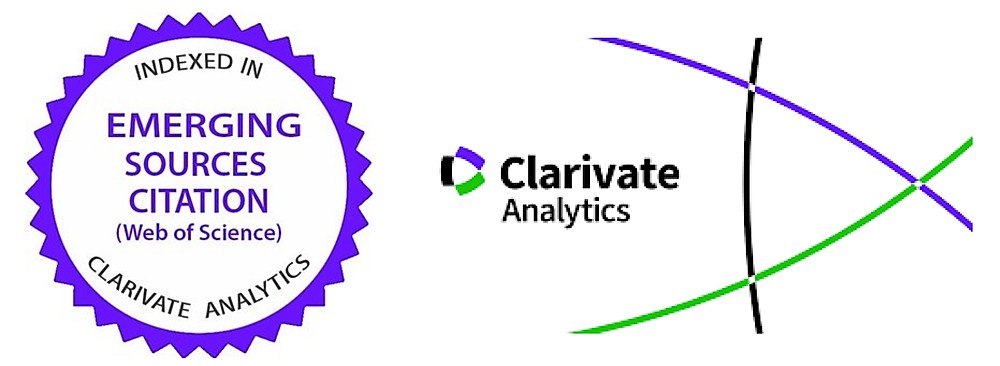Fiscality - A Relevant Factor Influencing Regional Development in Romania and the European Union
Abstract
The paper aims to examine taxation in the EU in correlation with regional development measures implemented. We started with the EU vision on regional development. If during the 2007-2013 period, were pursued three major objectives (convergence, regional competitiveness and territorial cooperation), in the current 20142020 funding period, money is allocated differently between countries that are deemed to be more developed, in transition and less developed. These categories are set according to GDP per capita. Next we exposed the fiscal changes made in the EU in 2010-2011 period and then we corelate them with the strategy for regional development for five member states: Romania, Bulgaria, Czech Republic , Hungary and Poland. We used data reported by Eurostat regarding the evolution of unemployment rate and for the foreign direct investments in 2007-2012 period. We also brought up and changes required by the new Romanian Fiscal Code. According to it, measures such as reduction of income tax for new micro enterprises or extending the VAT reverse charge mechanism in many sectors of activity, are meant to encourage foreign capital inflows and also to increase the level of regional development. As a general conclusion, we found that there is a direct link between fiscal policy and regional development; fiscal measures implemented influence the level of unemployment, economic growth, and competitiveness in the private sector.



























